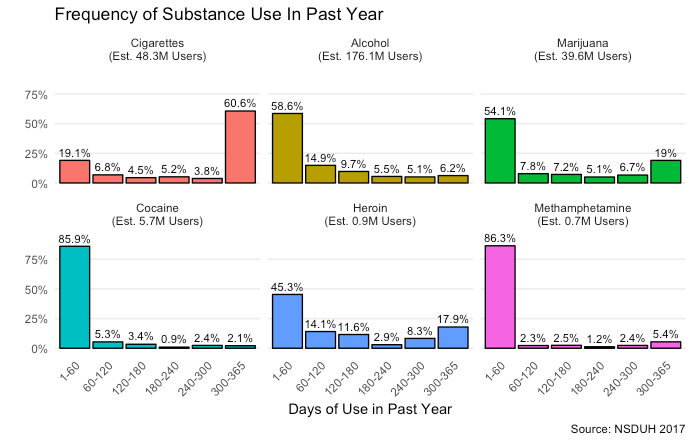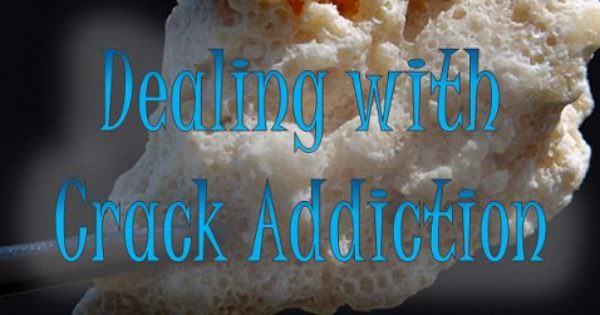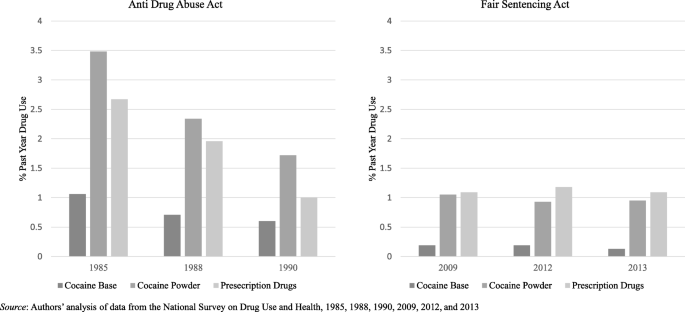
Crack addiction statistics crack#
The immediate effect of crack abuse is a short-lived, but intense ‘high’. Signs of crack overdose include:Īn overdose can result in a potentially fatal heart attack, stroke, or seizures. If you experience a crack cocaine overdose, it’s vital to seek immediate medical attention. There are also rare cases of people experiencing sudden death after their first use of crack cocaine. Overdosing on crack is possible, as the continued abuse of the drug will lead to increased tolerance, which in turn causes you to need higher and higher doses of the drug to attain the desired effects. Fortunately, crack abuse and addiction are treatable you can access effective treatment by contacting a UKAT facility today. It also has extensive consequences that touch the community as a whole. Your crack abuse affects not just you, but also those who you love. Those who abuse the drug frequently do so because of its ‘high’, which includes effects such as euphoria, sharpened focus, a feeling of escaping reality, as well as an intense burst of energy. This actually increases the drug’s risk of tolerance, dependency and addiction.

The immediate effects of crack take hold quickly, but are short-lived, typically lasting only five to ten minutes. As a stimulant, it speeds up a number of physical and mental processes, increases energy, as well as heightens focus and attention. The drug can be found on the street under slang terms such as:Ĭrack cocaine is a powerful stimulant, capable of eliciting a quick, euphoric ‘high’. The appearance of crack is generally dependent on how it is ‘cooked’, which means you can find it in an off-white, white, yellow or pink colour. The detoxification is typically followed or accompanied by psychological treatment and support groups.Crack cocaine is popular amongst drug addicts because of its potency, fast acting nature, and inexpensive cost. This detoxification can occur as an in-patient or out-patient treatment depending on the needs and budget of the patient. By controlling the decreased cocaine use, withdrawal symptoms can be minimized. The majority of treatment for crack addiction will start with detoxification, which is the controlled withdrawal. During diagnosis, the doctor will also check for co-occurring mental illnesses to determine the best treatment. They will frequently conduct a medical exam with lab tests to determine the extent of the addiction and whether it has already caused short or long-term harm.

Instead, medical professionals must examine mental health information, general medical information, and family history.

It is not possible to conduct a simple test to diagnose a crack addiction. It also increases the risk of developing lung disease. Using crack also increases a person's risk of other diseases due to the lack of sleep and proper nutrition or inattention to hygiene. The long-term effects can be even more serious, increasing the risk of stroke or heart attack due to high blood pressure. In the short term, people who are addicted to crack cocaine will have mood swings, take risks, have anxiety and depression, get into financial issues, or sabotage relationships. They may experience an increased tolerance, withdrawal symptoms when not taking it, use more cocaine that intended and for a greater amount of time than planned, spend a great deal of time with cocaine (getting or using it or recovering), have tried to control their use but still has a persistent desire to use, and stop (or minimize) participation in their typical daily activities. In order to technically be diagnosed with cocaine abuse, a person must have one of the above symptoms.īeing diagnosed with addiction is more extreme as those who are addicted to crack cocaine have been abusing it for a long time, to the point where it significantly interferes with their lives. They also experience recurrent legal problems due to their use, use the drug in dangerous situations, or use the drug to the point where it interferes with their responsibilities at school, work, or home. Crack users may continue to use the drug despite having issues with social relationships due to the drug. Dependence or addiction frequently includes issues with withdrawal and an increasing tolerance for the drug. To be classified as addicted to crack cocaine, a person must have a destructive pattern of use which leads to significant distress or problems. Crack cocaine is the solid version of cocaine and its addictive nature is also due to the fact that it is highly concentrated, giving extreme feelings when used.

Crack creates an intense high, and some experts suspect that this is why the drug is so addictive. Drug users tend to pick crack cocaine over other forms of cocaine when they want an immediate high as the drug enters the bloodstream immediately. Crack cocaine, also known as base, rocks, or crack, is a type of cocaine that is smokeable.


 0 kommentar(er)
0 kommentar(er)
